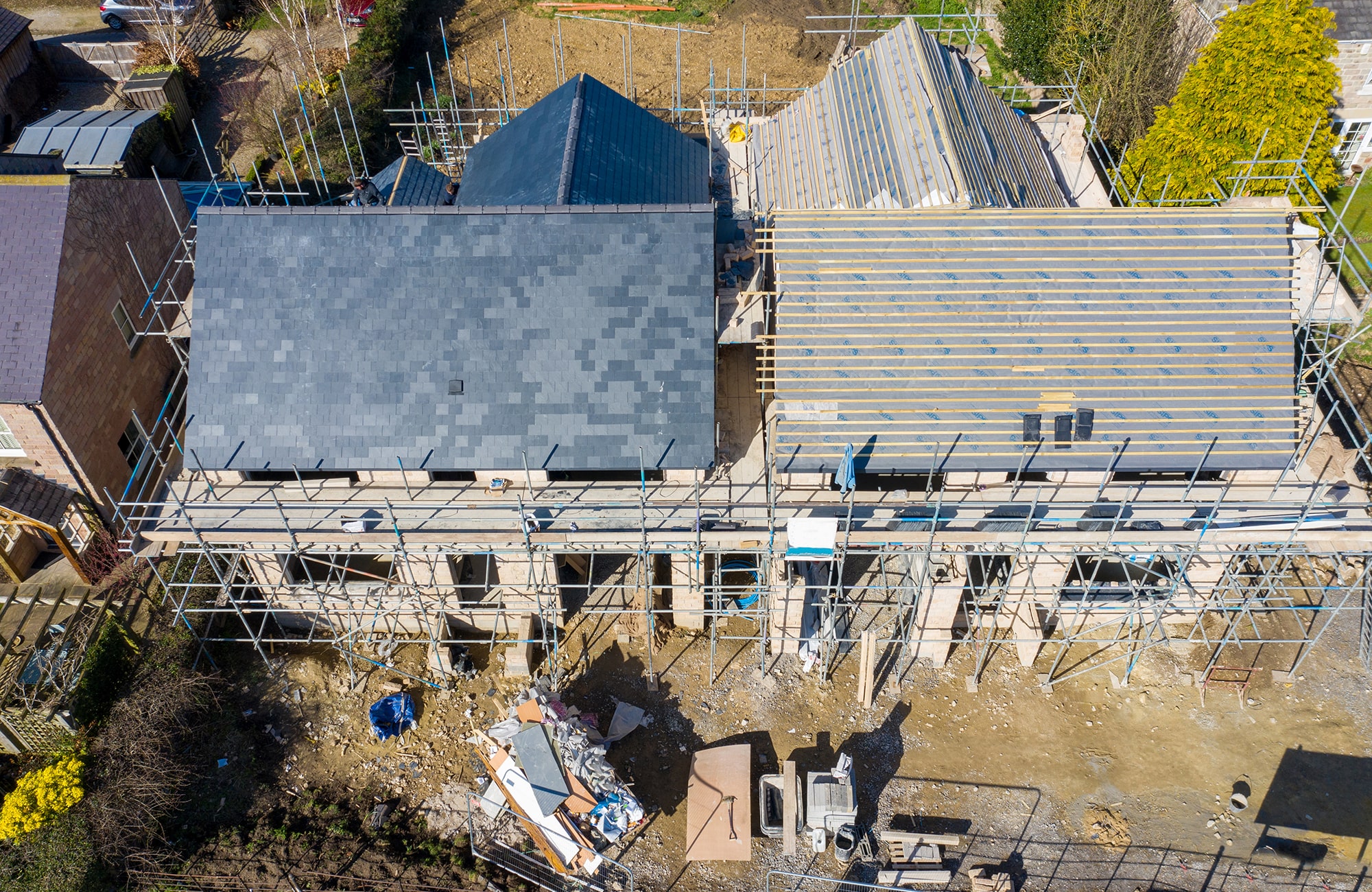
Another Successful Planning Outcome for Clients of Intelligent Land
When it comes to navigating the complexities of land planning and development, the expertise and experience of Intelligent Land are invaluable. A recent example underscores the value we can bring, this time, to adjacent landowners in an appeal.
The Situation
Redundant farm buildings, owned by the Gaunts Estate, at Grange Farm, Colehill, near Wimborne obtained a planning permission for conversion to nine dwellings served via an existing private road. The Gaunts Estate then applied to make improvements including the introduction of passing bays to a further existing access track, restricted by a planning condition for agricultural use only, aiming to include mixed-use for both agricultural and non-agricultural vehicles. The Estate argued there were a number of good reasons to use this track in preference to that shown as the access to the nine dwellings and, significantly, contended there were no planning reasons to resist it. Ken Parke Planning Consultants acted on behalf of Gaunts Estate, while Intelligent Land represented the concerns of the adjacent owners who had always opposed the use of this particular track.
Dorset Council refused permission essentially agreeing with the merits of the IL core representations and the Estate appealed the Council’s decision.
Our Approach to this Case
Intelligent Land made substantial representations on behalf of the adjacent landowners to the Planning Inspectorate, the aim of which was to support the Council’s reasons for refusal and provide additional factual material to assist in the understanding of the merits of the proposal for the benefit of the appointed Inspector focusing on the following:
- The track’s planning history and that of the scheme for the nine dwellings
- The proposal’s impact on the Green Belt’s openness and purpose.
- The scheme’s effects on the character and appearance of the area.
The Outcome
In a decision dated the 25th August 2023 (Appeal Ref: APP/D1265/W/23/3314935) the Inspector appointed by the Secretary of State, dismissed the appeal. In the Conclusion the Inspector advised:
“The proposal results in some limited harm to the openness of the Green Belt and conflicts with the purpose of including land within the Green Belt in respect of encroachment into the countryside. As a result, the proposal is inappropriate development in the Green Belt. Having regard to the Framework, I give this Green Belt harm substantial weight. The proposal also results in significant harm to the character and appearance of the area. These factors weigh heavily against the proposal.”
Why Intelligent Land?
In-Depth Knowledge: We utilised our experience and professional understanding of the National Planning Policy Framework and local planning policies, particularly in relation to Green Belt, to make a compelling case. This was not only important at the appeal stage, but in making representations locally to ensure the application was refused by the Council in the first instance.
